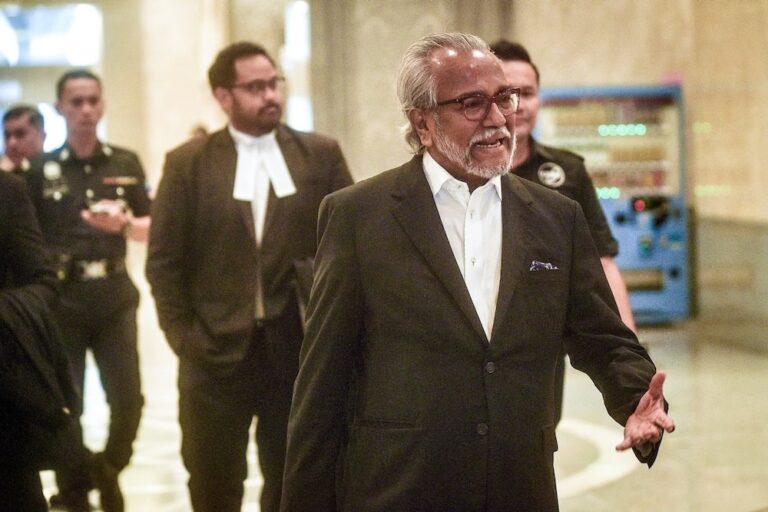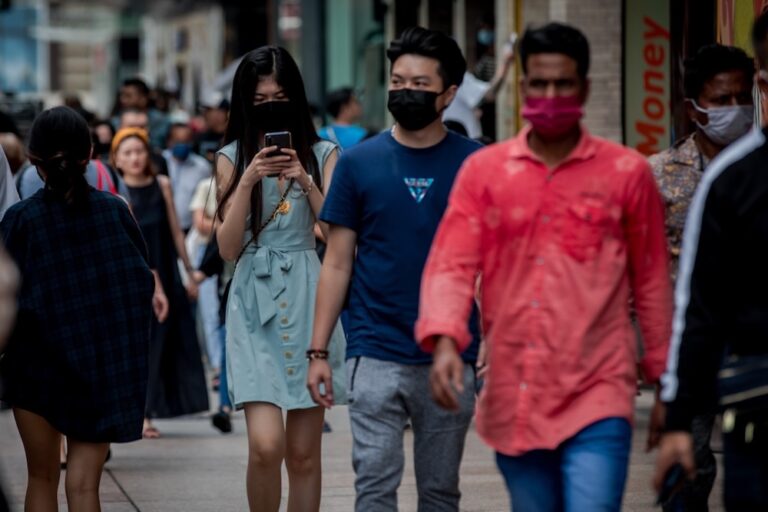(SEAPA/IFEX) – A state chief minister has followed through on his threat of suing a news site and two opposition politicians after failing to obtain compensation and retraction from them over allegations of corruption on his part, naming an additional news organisation – owned by the dominant ruling political party – in his suits. On […]
(SEAPA/IFEX) – A state chief minister has followed through on his threat of suing a news site and two opposition politicians after failing to obtain compensation and retraction from them over allegations of corruption on his part, naming an additional news organisation – owned by the dominant ruling political party – in his suits.
On 15 May 2007, Sarawak Chief Minister Abdul Taib Mahmud filed libel charges in the Kuala Lumpur High Court against MKini Dotcom, which publishes the award-winning, independent web-based daily malaysiakini.com ( http://www.malaysiakini.com ), and its editor-in-chief Steven Gan, as well as the media group Utusan Melayu (owned by the United Malays National Organisation, UNMO), its news site “Utusan Online” ( http://www.utusan.com.my ) and group editor Mohd Khalid Mohd.
Taib filed the suits against senior officials from the opposition Parti Keadilan Rakyat, Wan Zainal Wan Sanusi and See Chee How, in the High Court of the Sarawak capital of Kuching, where all three are based.
Between 6 and 14 April, “Malaysiakini” published a series of articles that questioned an apparent link between dubious practices in Sarawak’s timber trade and businesses connected to the chief minister’s family. The reports were based on a 29 March “Japan Times” exposé about tax evasion by several Japanese companies transporting timber from the Malaysian state situated on the island of Borneo, which the newspaper linked to “rebates” to “lubricate” the companies’ operations.
“Utusan Online” had published similar articles, while the two opposition politicians had distributed in Kuching leaflets republishing the “Malaysiakini” and “Japan Times” articles, following an apparent media blackout in the state on this matter.
“Malaysiakini” reports that none of the parties has yet to be served notice of the lawsuits. It is not known whether a suit has been filed against the Tokyo-based “Japan Times”, although Abdul Taib had told the Sarawak State Assembly on 14 May, in a 10-page personal statement “clarifying” the issue, that he would sue the newspaper, too.
In his statement, Abdul Taib denied any involvement in the scandal, claiming that neither he nor any other officials had been contacted for clarification prior to the publication of the reports.
While SEAPA agrees with the chief minister’s statement that “(d)emocratic practices and fairness require that anyone defamed be given a chance to seek legal redress”, it wishes to point out that the media play a crucial role in a democracy as a public watchdog, especially when it comes to sniffing out possible official wrongdoing.
A democracy also places freedom of expression as the first freedom – the means to obtain other freedoms – and it includes the right of reply that is well within the disposal of a top official. The chief minister could have given detailed clarification, with the understanding that public officials, by virtue of their position and the ensuing responsibility they bear to the people, should be subject to a higher level of scrutiny and criticism. That course of action would have been in keeping with the spirit of democracy, instead of a lawsuit that joins many others against the media to create a chilling effect on local media, deterring them from doing their job.
The Defamation Act (1957) has been used to sue almost every newspaper and television station between July 2000 and March 2001. There is no cap for damages and there have been claims of up to RM100 million (approx. US$30 million), the precedent for which was set in July 2000 by a RM7 million (approx. US$2 million) award to a business tycoon.


